Horticulture is defined as the science and art of producing sustainably cultivated plants, vegetables, and fruits. There is a growing awareness of the environment and sustainable living. It contributes to the quality of life while rehabilitating the environment.
As we strive to optimize yields, ensure plant health, and navigate a changing environment, a hidden force holds the key to further advancement: the power of measurement. Specifically, force measurement solutions offer a new lens for horticulturalists, providing crucial data on the intricate interactions between plants and their surroundings.
As horticulture innovation grows, the agricultural industry is witnessing the transformative power of Interface sensor technologies. Interface has made significant strides in measurement solutions using IoT and wireless, supporting e-agriculture and smart farming. Our diverse force measurement sensors are designed for horticulture use cases that are revolutionizing the way we cultivate and manage crops while valuing sustainability.
Horticulture Applications Using Interface Solutions
Product Harvesting and Weighing: Load cells are ideal for scales and equipment that accurately weigh harvested plants, fruits, vegetables, and flowers. This is crucial for inventory management and quality control.
Soil Moisture Monitoring: Load cells can be implemented into equipment that will weigh the soil to ensure or adjust the correct irrigation schedules based on water usage.
Irrigation System Monitoring: Precise irrigation systems using load cells can deliver water to growing beds while effectively reducing water waste and improving yields.
Fertilizer Management: Measurement sensors, including our Mini and LowProfile load cells, can monitor the weight of fertilizer containers or tanks. By monitoring the fertilizer used for plant growth, horticulturists can optimize fertilization practices for better crop health.
Greenhouse Robotics and Automation: Innovation in robotics is used in greenhouses, and to enable this, Interface’s multi-axis sensors can monitor robotic arms used in vertical farming structures to ensure functionality.
From soil rehabilitation to plant breeding, a wide range of metrology and science applications rely on accurate measurements in horticulture. This sector of agriculture plays a huge role in large-scale crop production, providing food for the global masses while simultaneously preserving biodiversity.
With our variety of force measurement sensors, our engineers design products customizable for horticulture applications in extreme environments and machines, all while ensuring maximum safety and efficiency.
Products Used in Horticulture Applications
- Load Cells
- Mini Load Cells
- Torque Transducers
- Instrumentation
- Load Pins and Tension Load Links
- Digital Instrumentation
- Wireless and Bluetooth Telemetry Systems
Interface is a valuable partner to the agriculture industry and has developed a wide range of standard and custom solutions. Humanity survives when focusing on our relationship with the natural world. Horticulture dives into the finer nuances of plant care, emphasizing sustainable practices. Interface has thousands of measurement solutions that can aid in growing, managing, harvesting, and sustaining the world’s food supply.
Horticulture_InfographicPoster
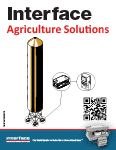
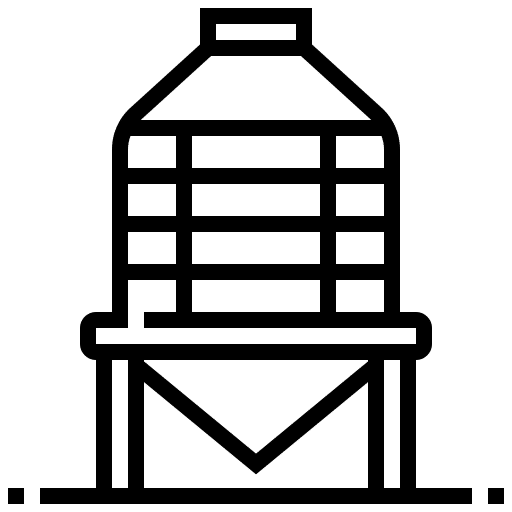 Silo Grain Dispensing
Silo Grain Dispensing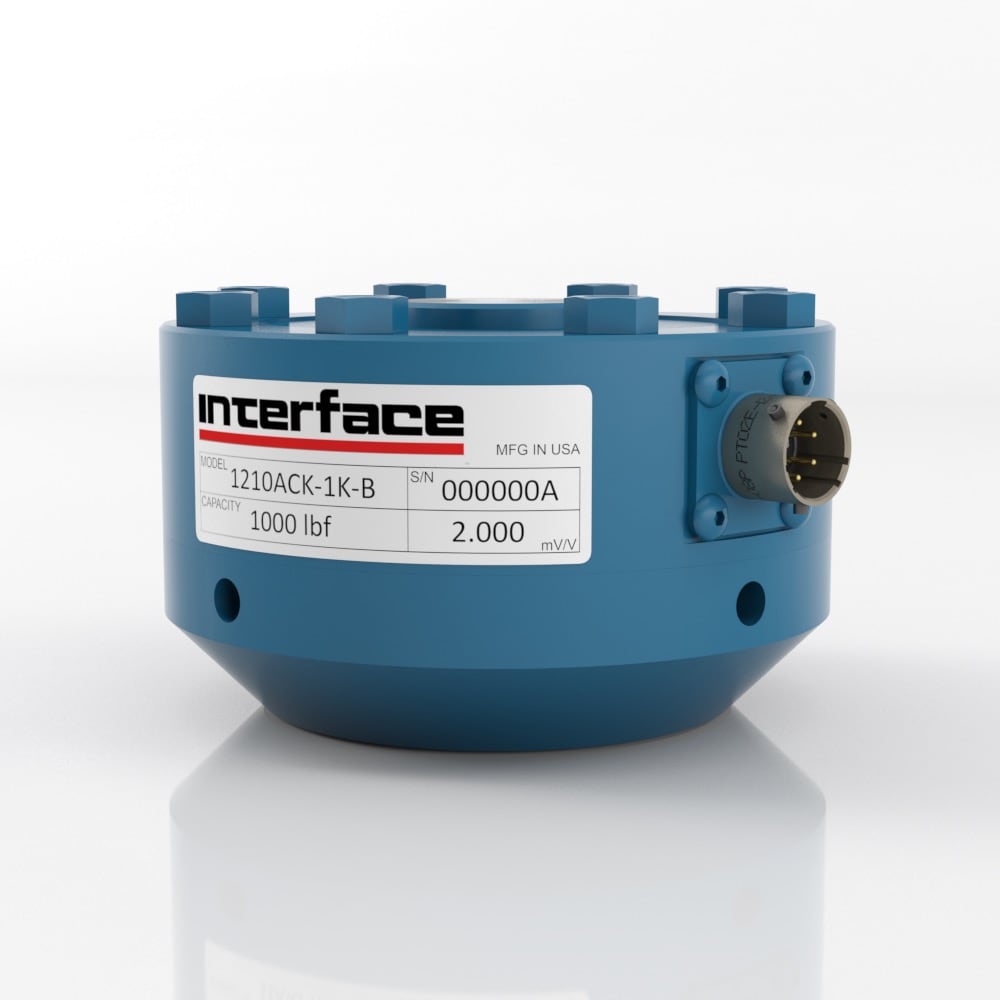

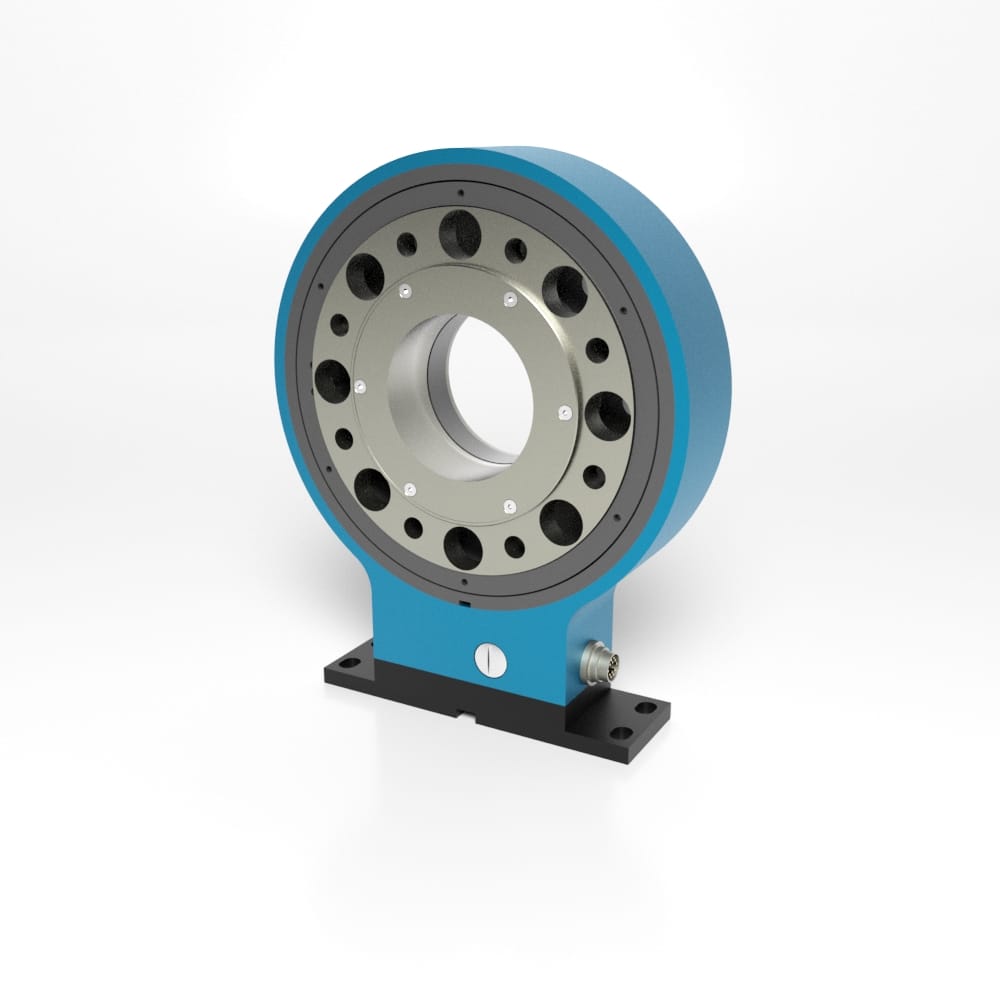



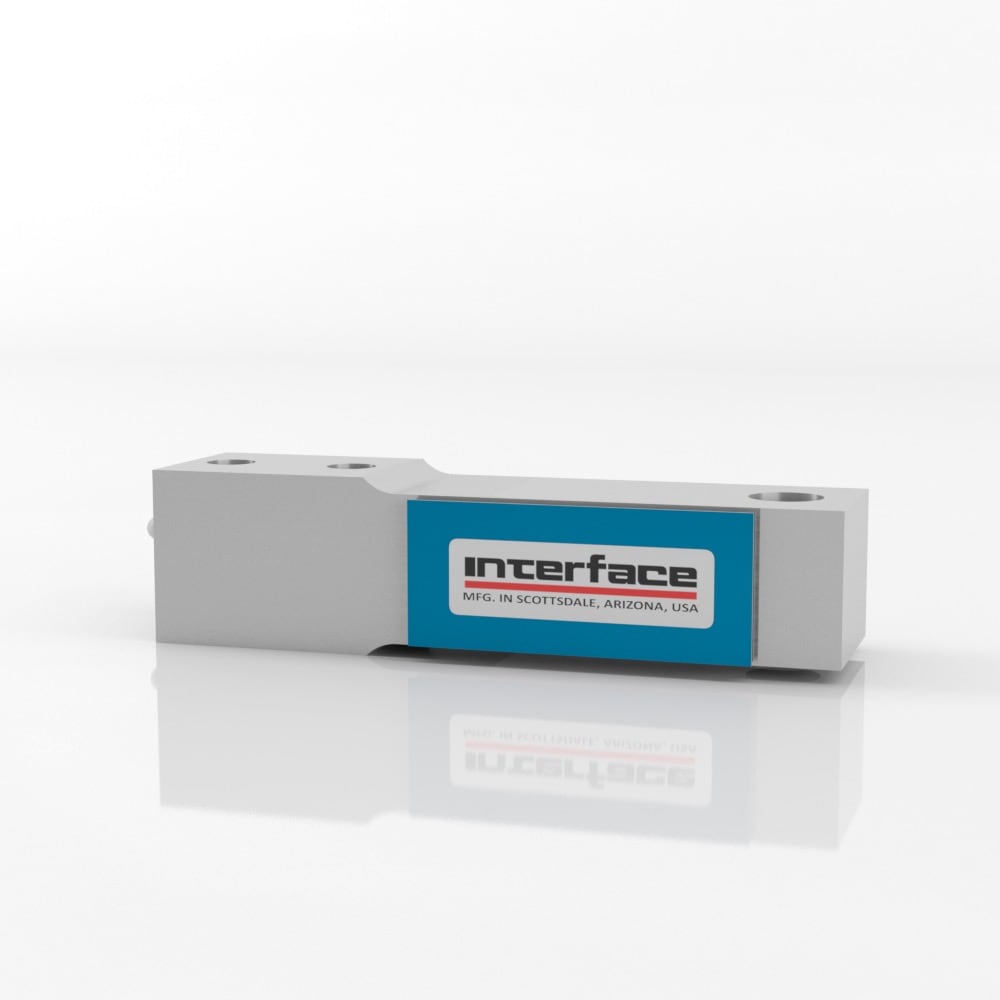
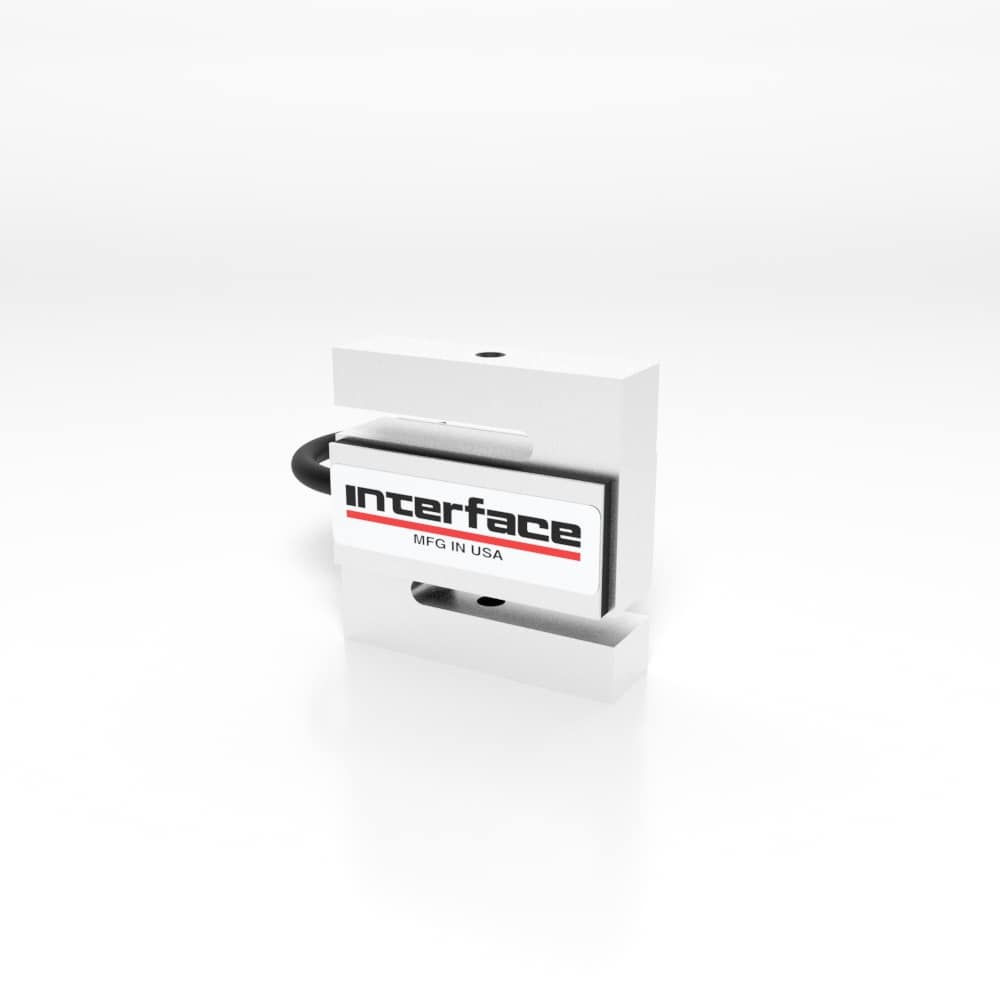


Force Measurement Finds Festive Applications This Holiday Season
/in Blog /by Jamie GlassDiscover how Interface force measurement is used in unexpected ways this holiday season! From gift wrapping to tree irrigation systems, explore festive applications of load cells and sensor technologies. We’ve taken a little creative license to showcase the festive possibilities of using our sensor technologies during the holiday season. Explore some actual and imaginative ways load cells and instrumentation can make things bright and jolly.
Grateful for Quality Force Measurement from Farm to Table
/in Blog /by Jamie GlassInterface highlights surprising ways force measurement technology ensures delicious and safe food for your table. From food preparation, packaging, farming, weighing and appliance design, load cells have an important role in the food industry.
Smart AG Future Grows with Interface Sensor Technologies
/in Blog /by Jamie GlassInterface sensor technologies are instrumental in various smart AG applications. The growing use of IoT devices, with load cells, torque transducers, and other sensors, enables applications for monitoring soil moisture, optimizing fertilization, and even controlling pests. Additionally, the rise of automation and robotics is evident in automated irrigation systems, livestock weighing systems, and drone crop surveying.
Load Cells and Pumpkins are a Halloween Match
/in Blog /by Jamie GlassInterface loves celebrating Halloween. Look at all the pumpkin use cases that demand high-accuracy load cells! It’s a perfect pairing of sensor technology with the holiday’s favorite gourd. Whether pumpkin harvesting, weighing, throwing, or producing, load cells can play an important part in the holiday festivities.
Force Measurement Keeps UAVs Flying High
/in Blog /by Jamie GlassInterface force sensors, including load cells and multi-axis sensors, provide precise data on loads, stresses, and strains experienced by UAV components. To validate unmanned aerial vehicles during flight, these sensors provide information that helps engineers optimize designs, validate structural integrity, and ensure airworthiness. Engineers can identify potential weaknesses in UAVs by measuring forces during tests like wing fatigue, maneuverability, motor torque, fine-tuning control systems, and maximizing flight performance.
How Are Load Cells Used for Weighing?
/in Blog /by Jamie GlassLoad cells support modern weighing systems. These transducers convert mechanical force (weight) into electrical signals that can be processed and displayed as weight measurements. Strain gage load cells are the most common type of load cell used for weighing applications. […]
Measurement Solutions Advance Industrial IoT Success
/in Blog /by Jamie GlassInterface provides high-accuracy measurement solutions for Industrial IoT. Our Wireless Telemetry System (WTS) components drive adoption and innovation in IIoT, from cobot design to smart pallet inventory controls. Load cells, torque transducers, instrumentation, and DAQ systems evaluate force, torque, and weighing data to optimize IIoT in manufacturing, energy, agriculture, and other sectors.
Showcasing Load Pin Versatility and Adaptation
/in Blog /by Jamie GlassInterface Load Pin measurement devices provide real-time force and weighing data for performance monitoring, equipment quality control, operational support, and product safety. These load pins are used in energy, agriculture, manufacturing, aerospace, infrastructure and manufacturing industriy applications. Interface Load Pins are machined from high-tensile stainless steel and are suitable for all settings, including exposed environments such as seawater. They are used in heavy machinery in industrial factories and submersible energy generators in the ocean.
Silo and Tank Measurement Solutions
/in Blog /by Jamie GlassInterface provides testing sensors, weighing devices, and force measurement solutions used for tanks, silos, vessels, and industrial storage containers in several industries, including agriculture, infrastructure, manufacturing, natural resource management, and energy. Load cells are invaluable tools for silos and tanks, providing accurate and reliable force and weight measurements. The benefits of implementing precision measurement systems for testing and monitoring include improved accuracy, real-time data, reduced waste, enhanced safety, and cost savings.
Cultivating Precision in Horticulture with Force Measurement
/in Blog /by Jamie GlassInterface offers a diverse range of force measurement solutions specifically designed for horticultural applications. Interface load cells, torque transducers, instrumentation and multi-axis sensors are grounded in science and technology, helping to revolutionize crop cultivation and management. By measuring the intricate forces, harvesting and planting sensor data provides a deeper understanding of plant-environment interactions.